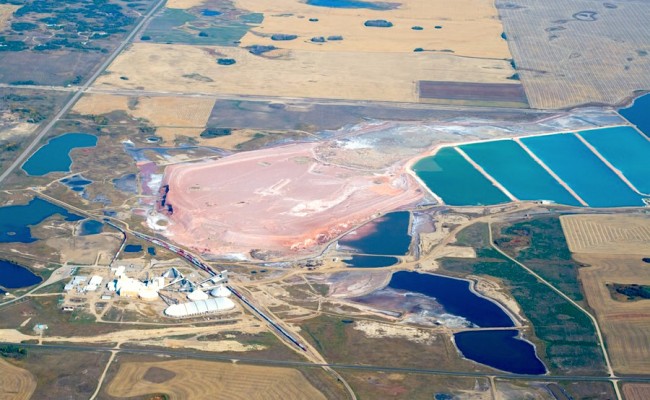An almost forgotten reserve of potash located in north-central Michigan could be worth $65 billion and contribute to the state’s economy. The potash is rich in potassium and it is widely utilized as agricultural fertilizer. Michigan’s potash might be some of the purest forms ever found. The reserve is spurring Michigan Potash CEO Theodore Pagano plan for a more than $700-million mining and processing facility in the state’s Osceola County.
“This is a transformative, generational opportunity for Osceola County,” he said. “One of the world’s tightest-controlled commodities sits in Evart Township, and it’s the highest-graded ore by a factor of two. And it sits in a location better than anybody else’s in the world.” At the same time, the economic and regulatory climate is opportune for Mr. Pagano’s business plan. President Donald Trump in December issued an order to make sure that the US supplies of 35 minerals, including potash, considered critical to economic and national security, are secure and reliable.
Yet, retrieving and utilizing Michigan’s potash will require a huge amount of groundwater. The US Department of Environmental Quality has already given a green light to Michigan Potash’s request to extract 725 million gallons of groundwater each year, which translates into almost 2 million gallons per day. This amount is more than five times the controversial groundwater withdrawal by Nestlé North America’s Ice Mountain bottled water operation only a few miles away. “This is in the middle of a really sensitive, elaborate wetland area — lots of lakes, streams and ponds, pristine wetlands — and the plant is in the worst possible location in it,” commented Peggy Case, spokesperson for the nonprofit Michigan Citizens for Water Conservation.




